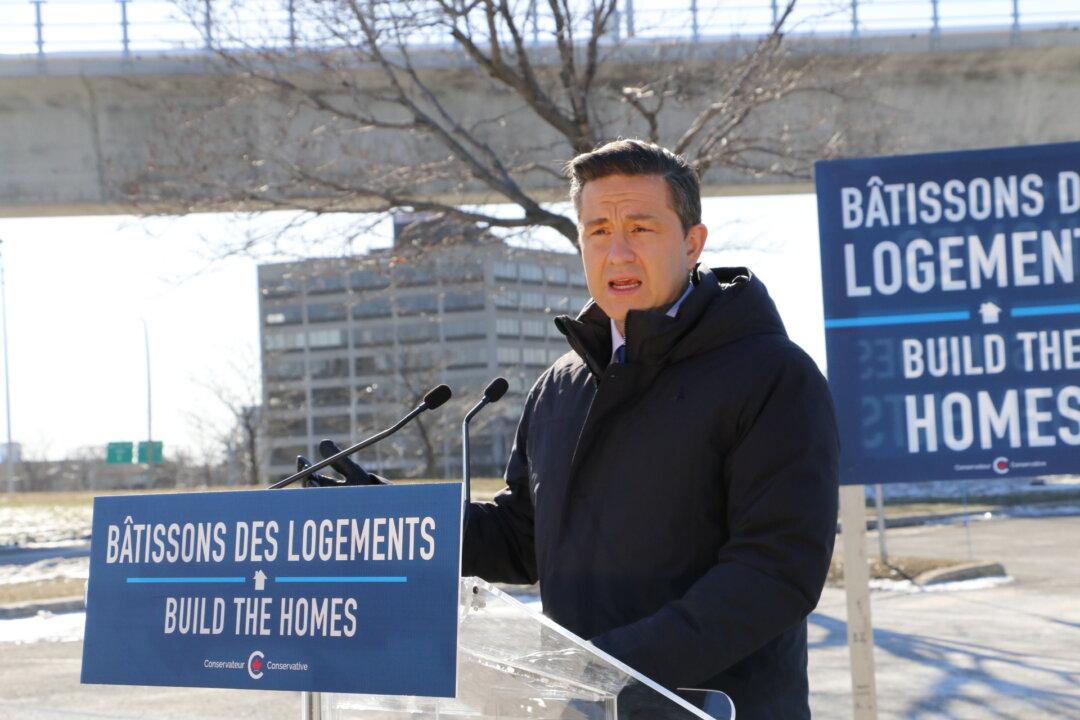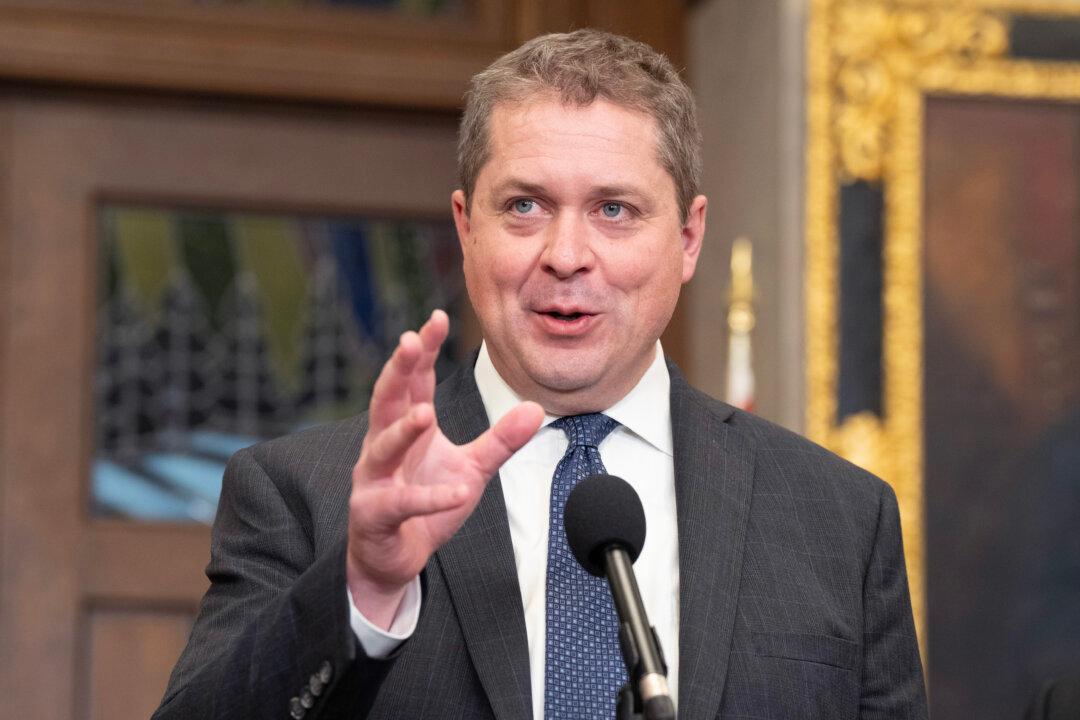After federal Tory candidate Jamil Jivani won the recent byelection in Ontario’s Durham riding, his speech targeted not only the rival Liberals but also, unexpectedly, Ontario’s ruling Progressive Conservatives. He is especially critical of the “anti-racism” taught in Ontario schools.
Race and gender are among sensitive topics federal and provincial conservatives alike had often been reluctant to speak strongly about in the past. But that has been changing, with senior Conservative leaders speaking up more on these touchy social issues in recent months.






